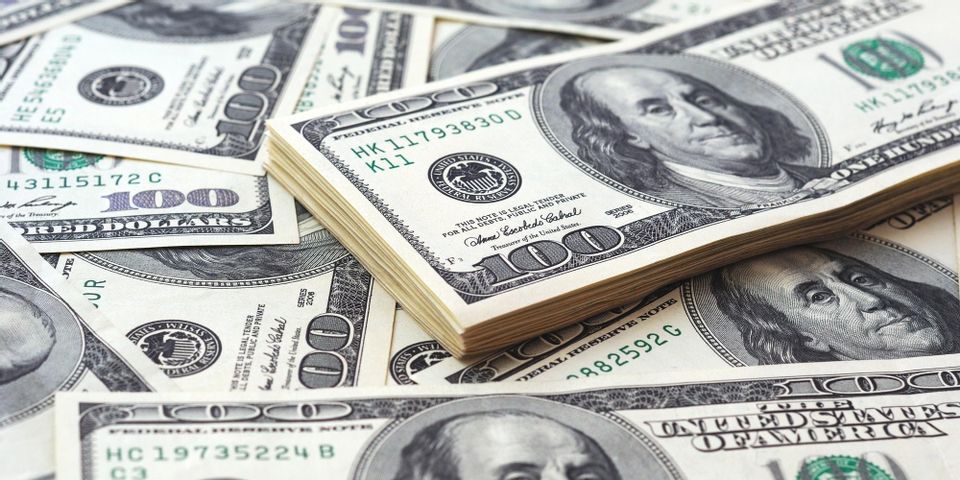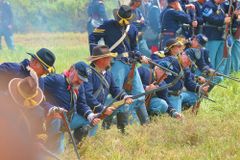
When you pull out a $20 bill at the gas station or a $5 bill at the movie theater concession stand, you likely do not think of how that paper money wound up in your hands. However, such currency has been used in the U.S. for centuries, and it has gone through a number of evolutions in that history. If you are an avid coin collector interested in learning more about this form of currency, use the following overview to expand your knowledge.
Early Beginnings
In the late 17th century, long before the Declaration of Independence, the Massachusetts Bay Colony was responsible for the first paper money in what would be the United States. This money was used to pay for military efforts against Northern neighbors in Canada. In 1775, colonial leaders tried to revisit this method on a grander scale by printing “Continentals” to finance the Revolutionary War. However, it failed due to the large number of bills printed and their lack of bullion backing.
Civil War Currency
 In 1861, the Union and Confederacy both tried to create their own types of paper money to pay for the Civil War. While this proved unstable, the National Banks Act that passed after the war established a link between paper notes and government-issued bonds. This was quickly swapped out with national bank notes, which were issued between 1863 and 1935.
In 1861, the Union and Confederacy both tried to create their own types of paper money to pay for the Civil War. While this proved unstable, the National Banks Act that passed after the war established a link between paper notes and government-issued bonds. This was quickly swapped out with national bank notes, which were issued between 1863 and 1935.
Federal Reserve Notes
In 1913, the Federal Reserve Act established a new and improved national banking system, which revolved around currency called federal notes. They were originally a lot larger than what is used today but were cut down in size by 30%.
Until 1946, bills of $500, $1,000, $5,000, and $10,000 were printed. The designs created for paper money in 1913 remained unchanged until 1996. Since then, the government has consistently updated the design of paper money to prevent criminals from making counterfeit bills.
If you are a coin collector who is interested in learning more about currency, pay a visit to Coins Plus in Cincinnati, OH. They cater to numismatics enthusiasts of all ages by buying, selling, and appraising rare items. Whether you are looking for bullion or have some rare coins to sell, you can receive insightful advice from one of their experts in person. To speak with an expert coin collector over the phone, call (513) 621-1996, or visit the website for more information on their shop.
About the Business
Have a question? Ask the experts!
Send your question

